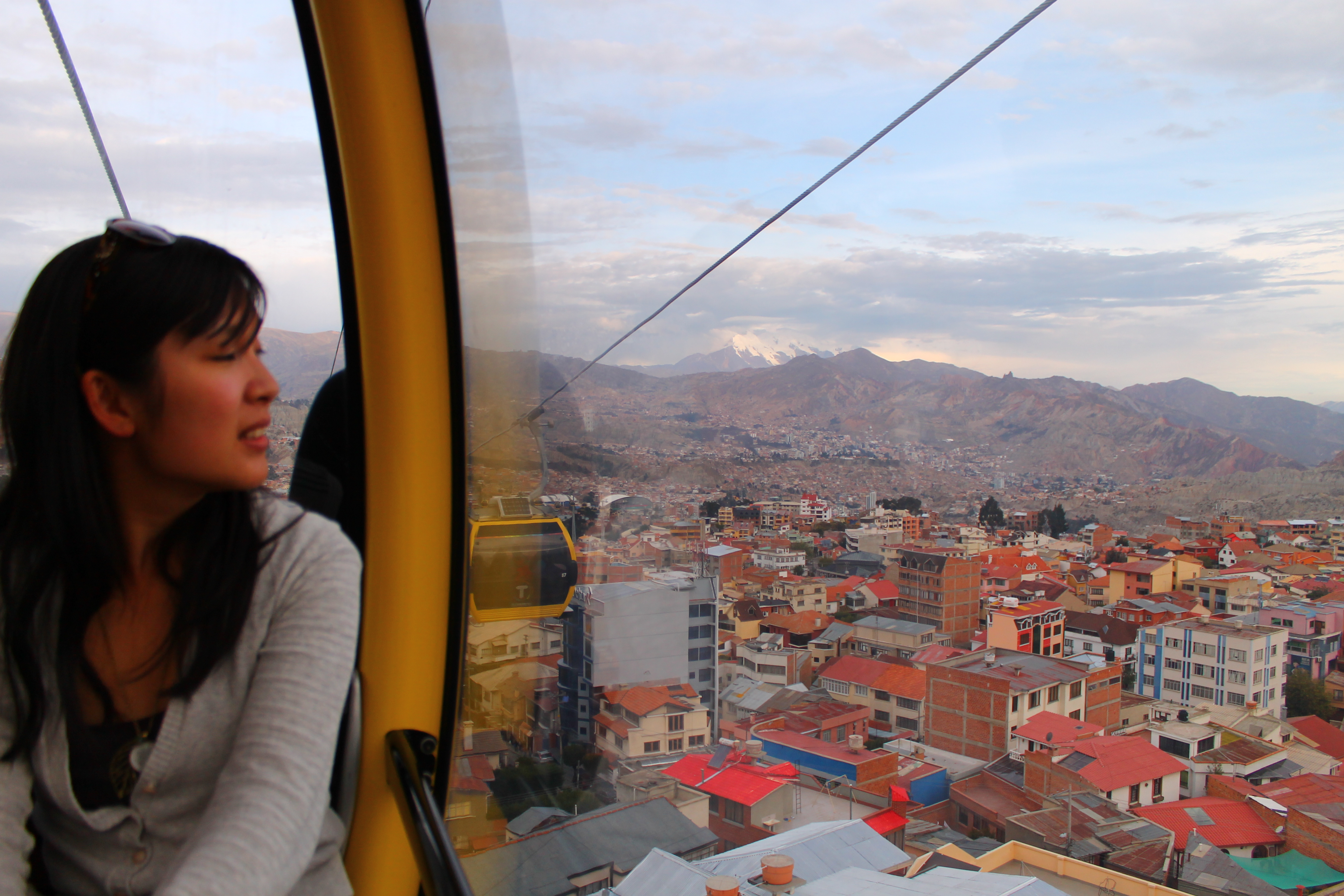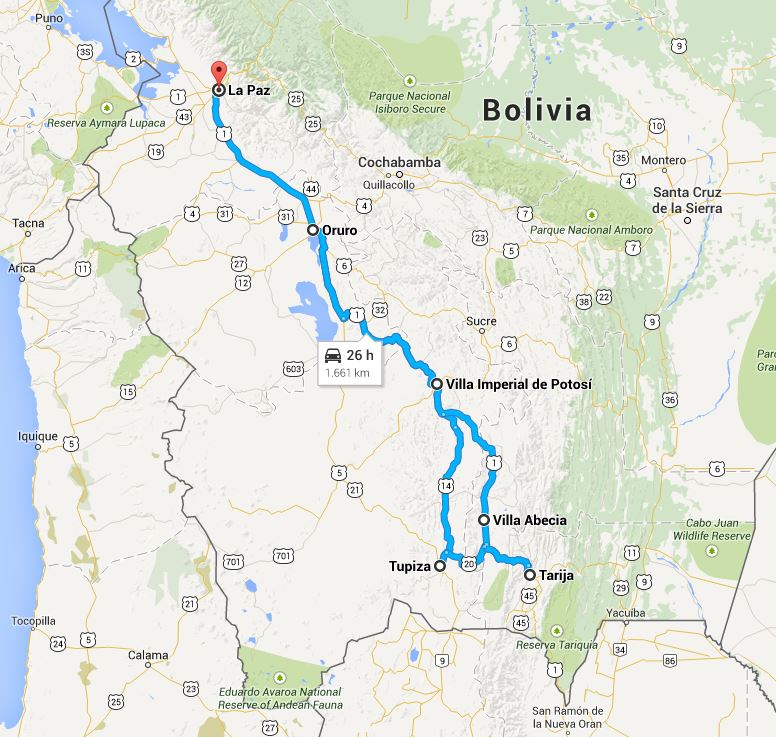The first time I attended Sydney’s Vivid Festival, I experienced a distinct sense of déjà vu.
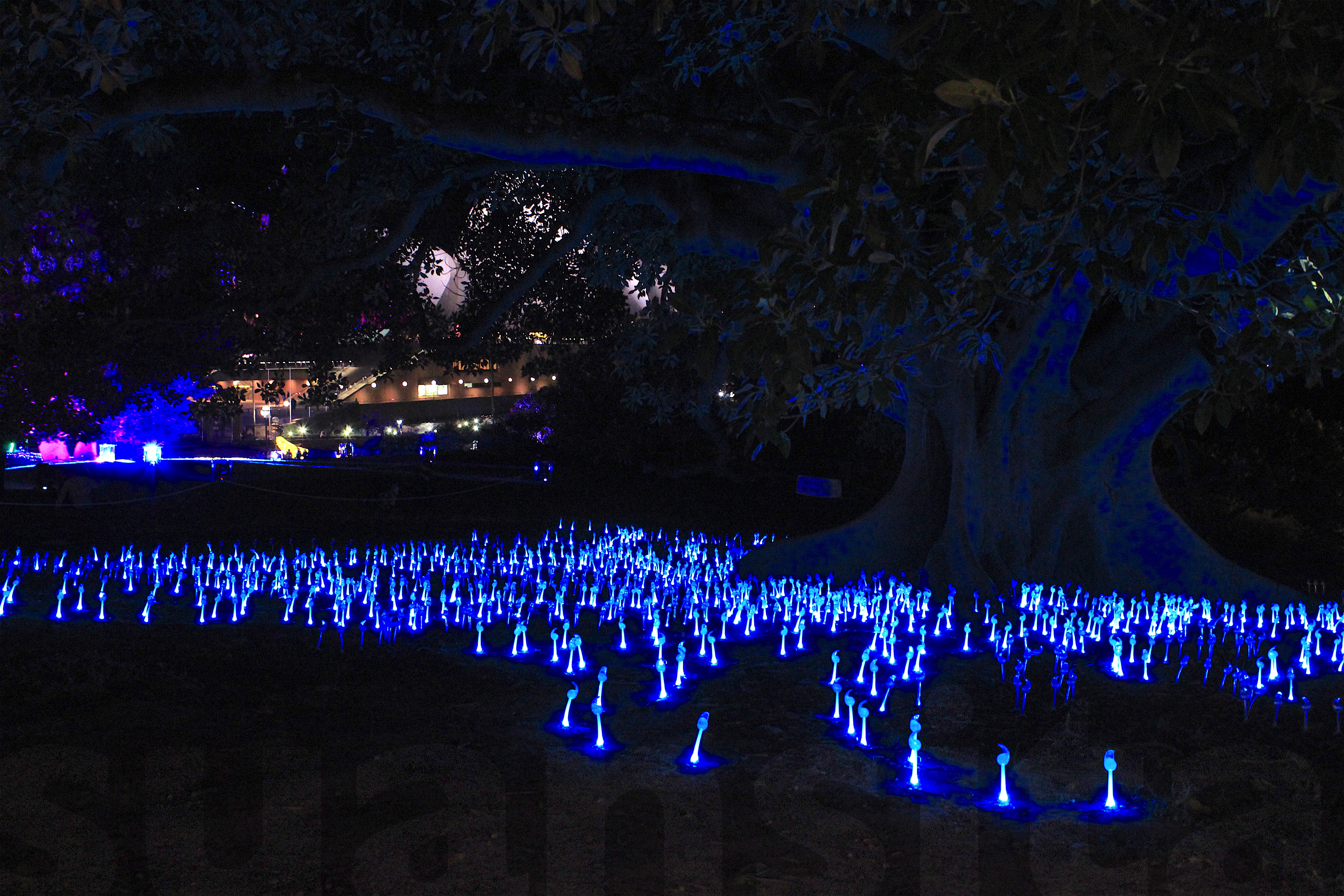
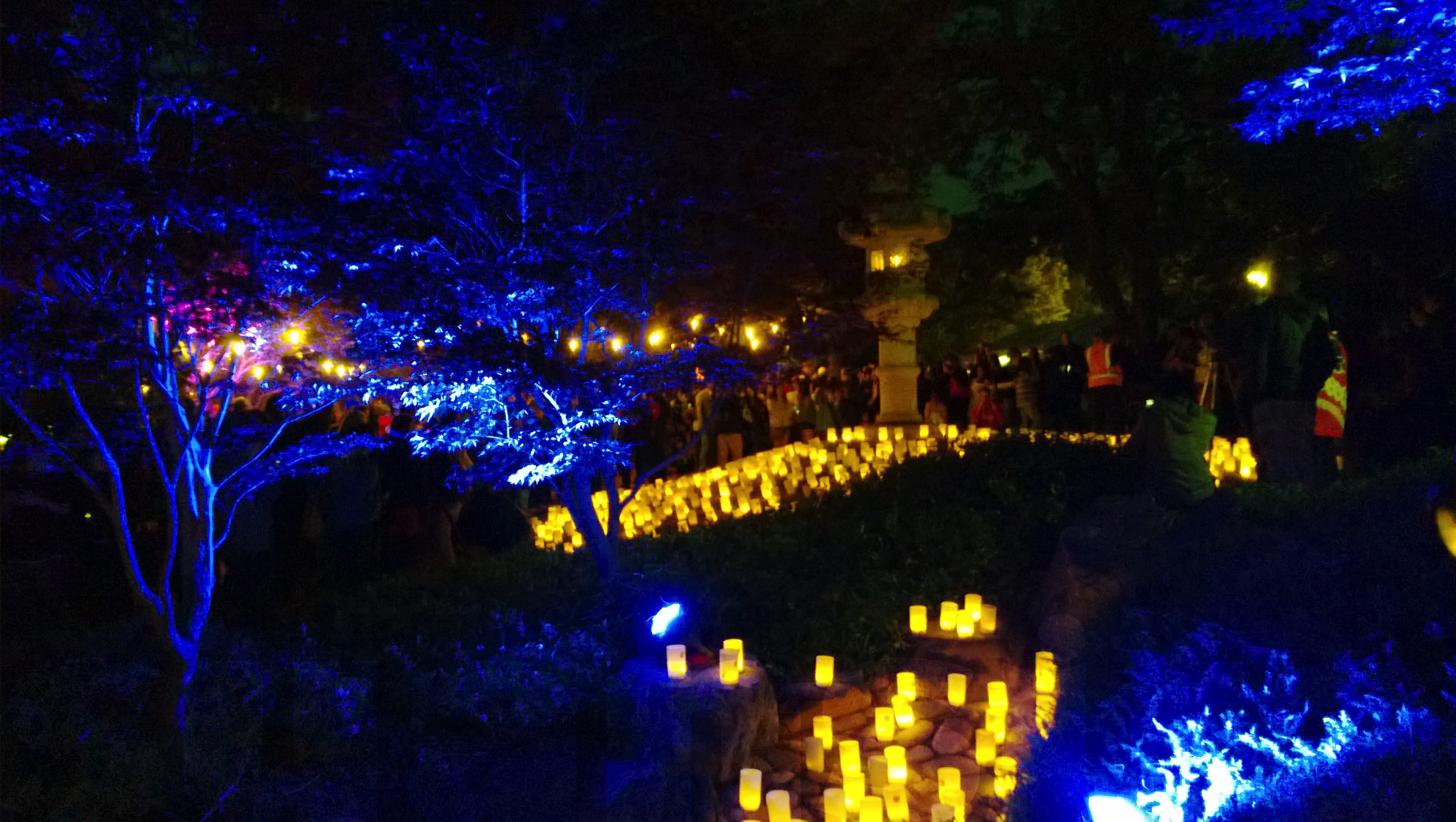
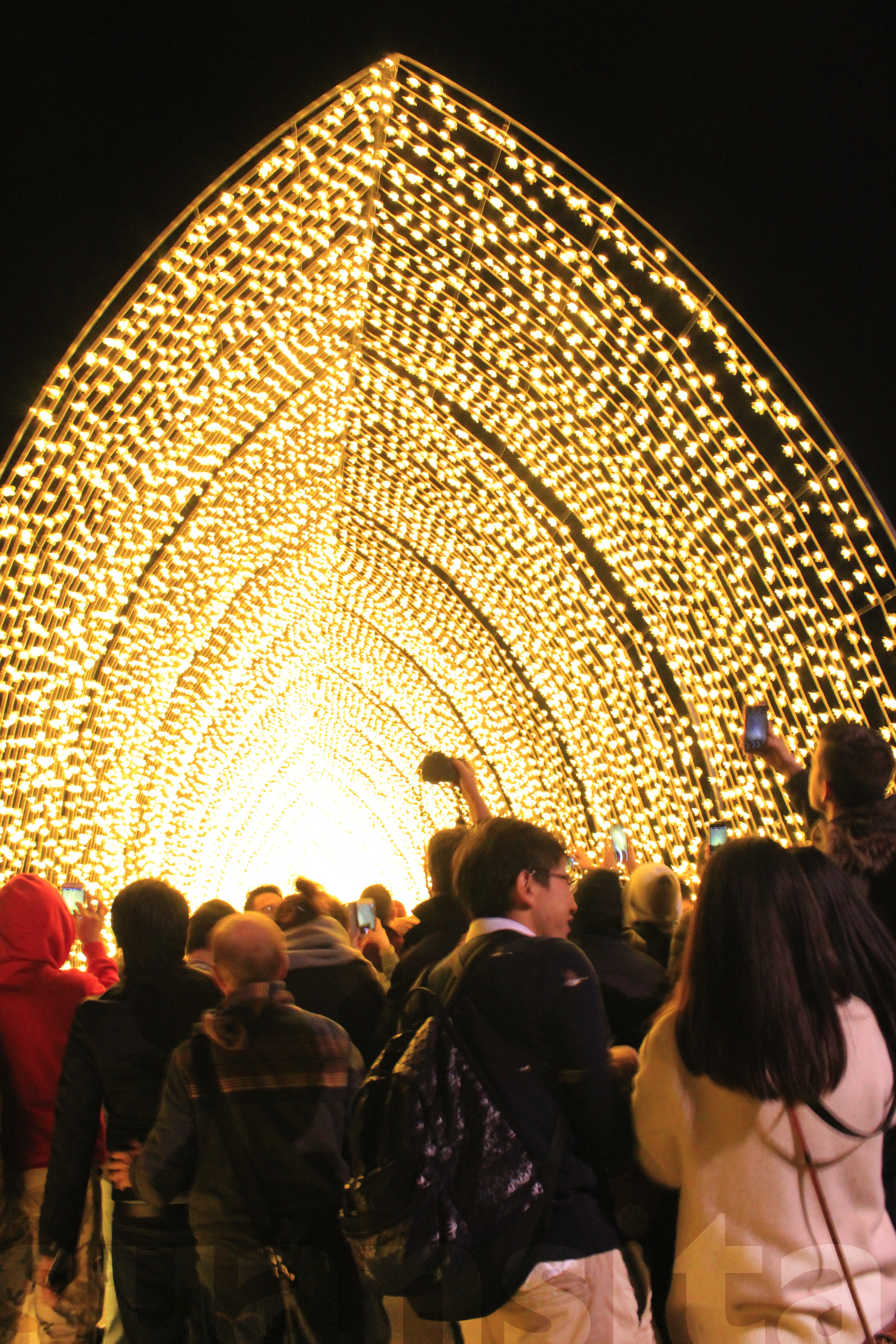
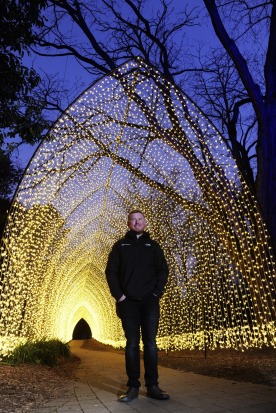
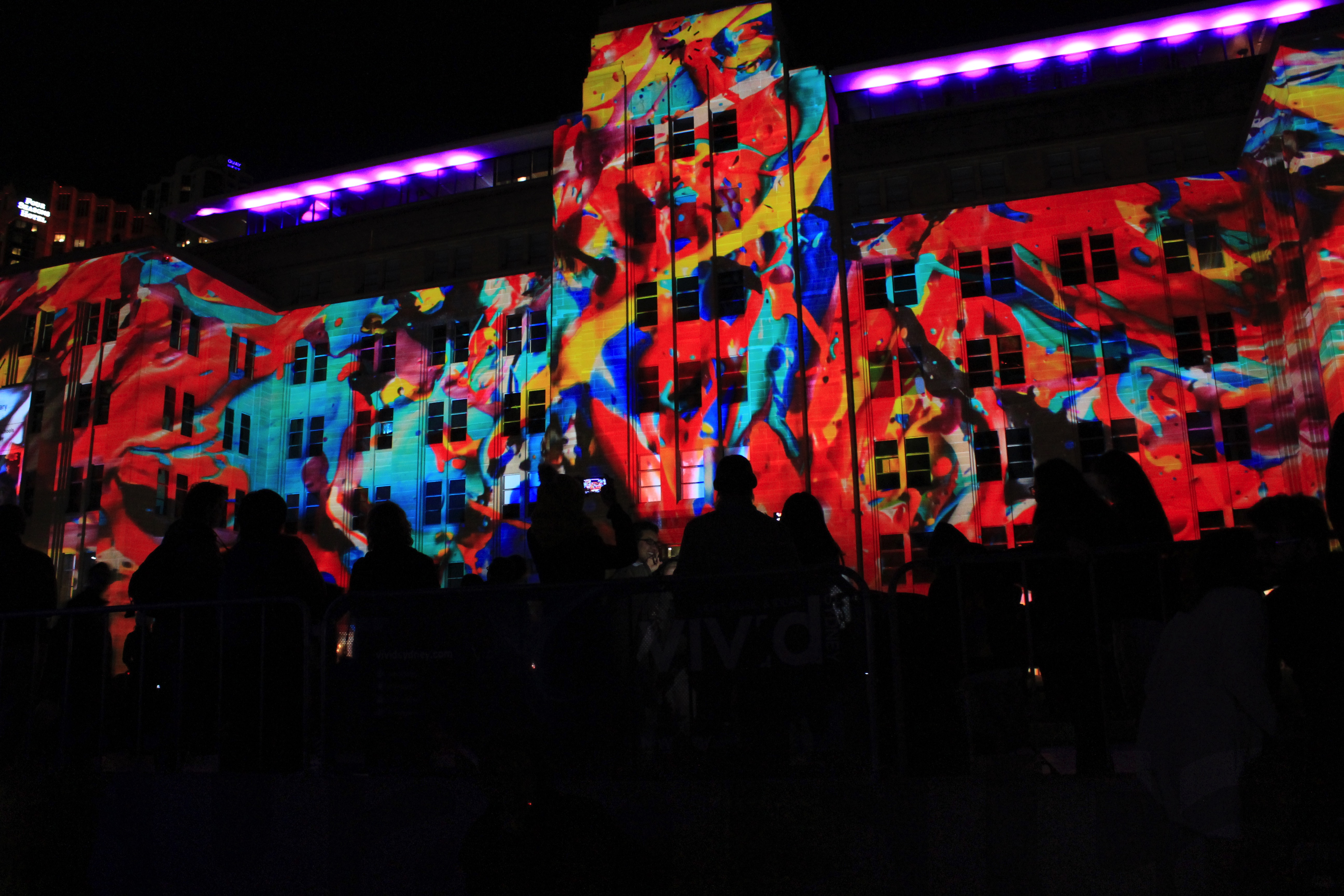
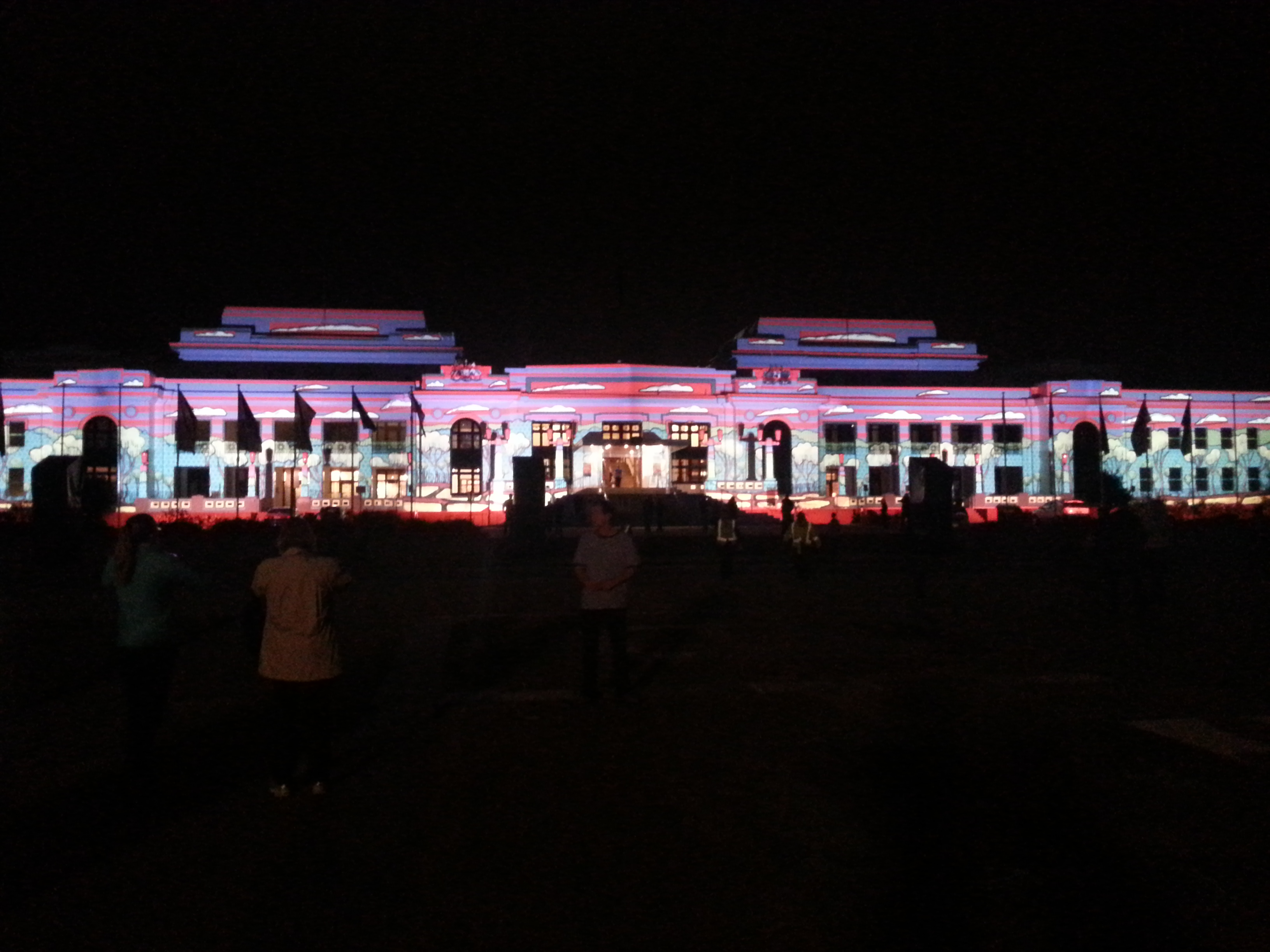
It was nice and everything, but I felt like I’d seen it all before. I had seen it all before.
Sure, there will always be some things Canberra can’t do – it’s just a fact that not every city can have the Sydney Opera House.
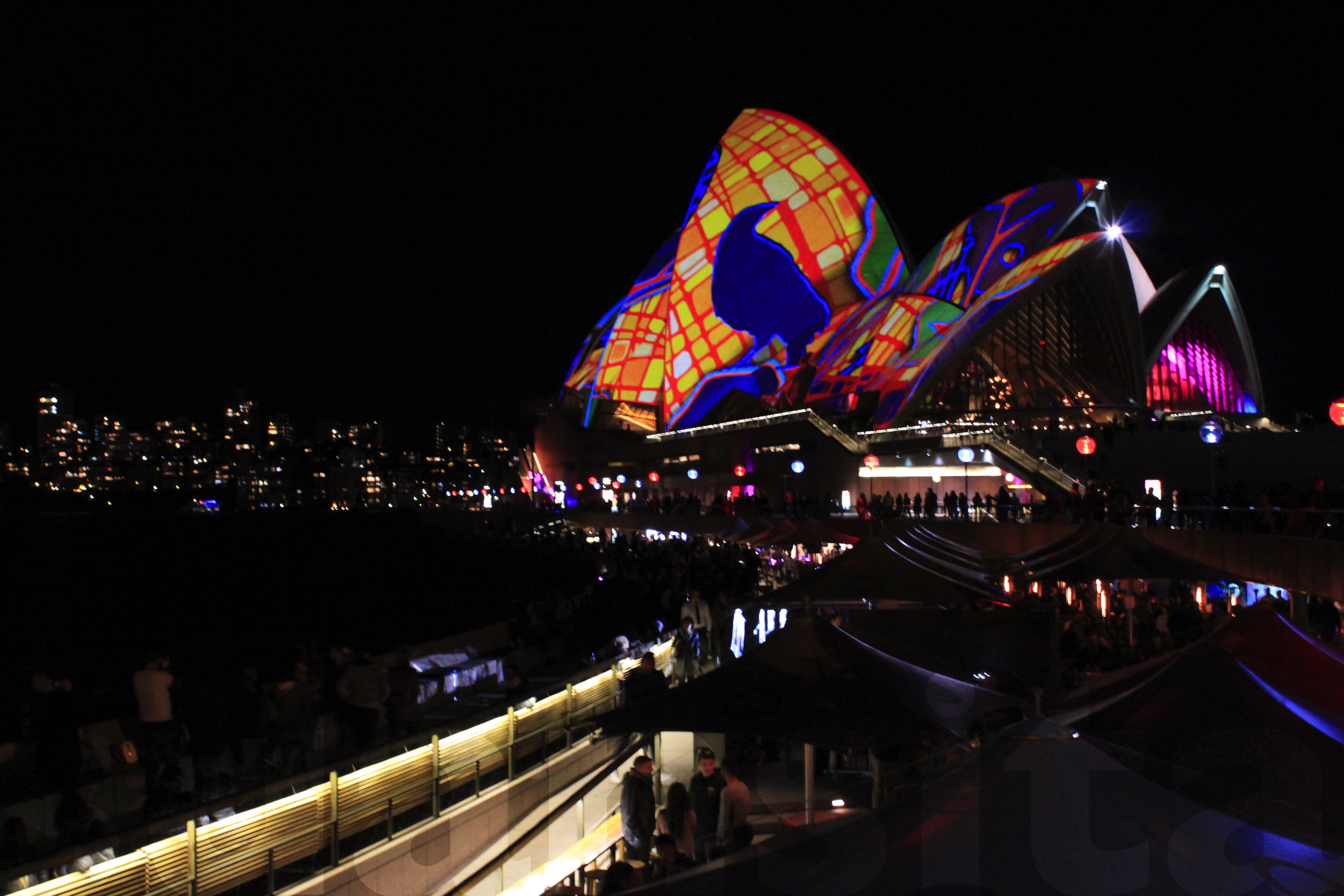
Maybe I’m just anti-hype.
I’m left with the impression that Australians get epic festival fever, a first-world condition exacerbated by strong feelings of FOMO.
Because the weather’s generally good, people like being outdoors, so slap the word “festival” on any event and the hordes will come a-running. On Day 1.
That said, humans do also seem to have a broad fascination with light that’s as old as time. Even in the absence of sun god worship, and with our growing knowledge about the sun itself – plus our understanding about the nature of light and ability to create artificial light – we’re still captivated by light phenomena.
Take the northern lights drawing millions of tourists, or solar and lunar eclipses that make headlines around the world. Or Christmas in general.
I wonder if events like Vivid (and contemporary Christmas) don’t satisfy some sort of craving for the spiritual in a post-religion society.
Because Vivid isn’t just about the lights. The lights facilitate a bigger experience – and experience is one of the market’s hottest commodities.
As part of that experience element, Vivid has been positioning itself as a festival of ideas – alongside the illuminated buildings and light-based artwork, there are concerts and workshops and lectures on a range of topics. You could argue it’s an iteration of popularised philosophical exploration, or at least an attempt at something of this nature.
Big cities are all about activities to bring people in the community together, particularly at a time when our community feels increasingly fractured. And what is a festival but a communal celebration – be it of light, of ideas, of food, of music? Or simply an excuse to celebrate communally?
Just a thought.

